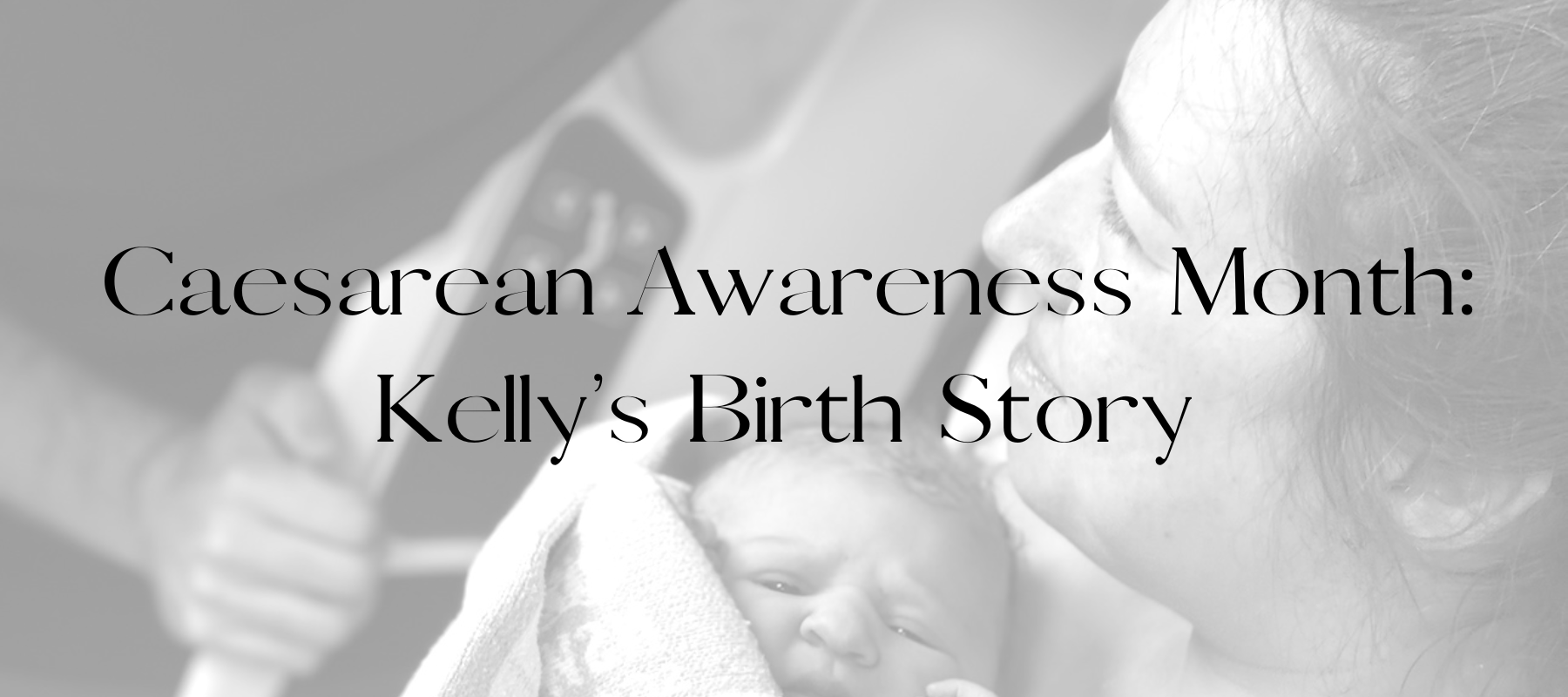“I wish someone had warned me about the day 3 blues”
“I don’t know what’s wrong with me, maybe I’m just so tired!”
It’s a common occurrence to hear these phrases from an overwhelmed mother as she struggles through all the physical and emotional changes of the first week postpartum. But what are the ‘baby blues’, and why do they happen?
Approximately 50-80% of mothers report having experienced the baby blues – describing them as a short period of mood swings, anxiety and sadness following the birth of their baby.
Whilst you may experience the baby blues very differently to those around you, here are some common symptoms:
- Crying inexplicably over minor triggers
- Having trouble thinking clearly
- Inability to sleep even though sleep deprived
- Anxious feelings about yourself or baby
- Difficulty bonding
Why do the baby blues happen?
Until recently, it has been suggested the baby blues for first time mothers may be as a result of the sudden realisation of the responsibilities of parenthood and the unexpected loss of freedom. Whilst these psychological stressors no doubt contribute to feeling overwhelmed, the baby blues have also been attributed to hormonal changes in the first 5 days postpartum.
During the first 72 hours following birth, mothers experience a decrease in estrogen and an increase in levels of the enzyme monoamine oxide A. This enzyme is responsible for the breakdown of serotonin and dopamine – which significantly influence our mood.
Ideas to help you manage the baby blues:
- Try to get more sleep (a priceless luxury with a baby, I know!)
- Eat well, sunshine and fresh air
- Talk to someone you trust
- Focus on the things you love – the housework can wait!
- Spend quality time with your partner and family
Will the baby blues last?
For most women, these hormonal changes are temporary and mood will stabilise over the first 14 days following delivery. If this is not the case for you and you feel you are overwhelmed and unable to cope, it is important for you to seek help. This would most likely begin with a discussion and referral from your GP for counselling and/or medication.
Written by Keryn Thompson RM & IBCLC (L-301766)
References:
Buist, A., Ross, L., Steiner, M. and Goldstein, J., n.d. Anxiety and mood disorders in pregnancy and the postpartum period. Mood and Anxiety Disorders in Women, pp.136-162.
Henshaw, C., Foreman, D. and Cox, J., 2004. Postnatal blues: A risk factor for postnatal depression. Journal of Psychosomatic Obstetrics & Gynecology, 25(3-4), pp.267-272.
Maliszewska, K., Świątkowska-Freund, M., Bidzan, M. and Preis, K., 2016. Relationship, social support, and personality as psychosocial determinants of the risk for postpartum blues. Ginekologia Polska, 87(6), pp.442-447.
Rezaie-Keikhaie, K., Arbabshastan, M., Rafiemanesh, H., Amirshahi, M., Ostadkelayeh, S. and Arbabisarjou, A., 2020. Systematic Review and Meta-Analysis of the Prevalence of the Maternity Blues in the Postpartum Period. Journal of Obstetric, Gynecologic & Neonatal Nursing, 49(2), pp.127-136.
Rosinger, E. and Kautz, D., 2012. Beyond “baby blues”. Nursing, 42(8), pp.44-46.



